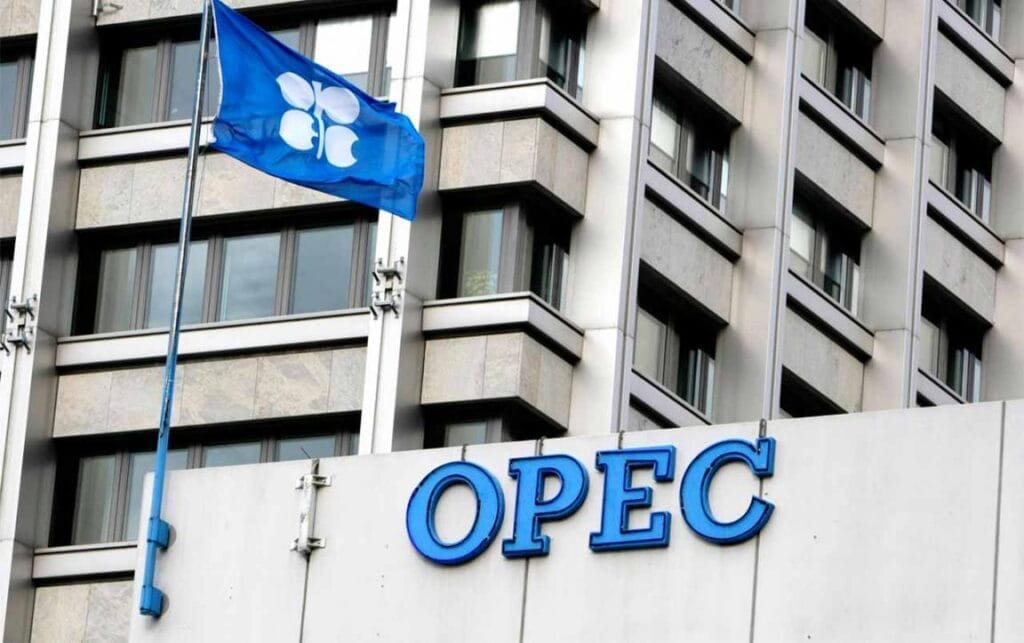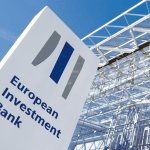OPEC Fund Commits $1B to Accelerate Azerbaijan’s Sustainable Infrastructure Push

• Up to US$1 billion in development finance over three years directed to water, sanitation, transport, and urban resilience
• Funding aligned with Azerbaijan 2030 national priorities and the Country Partnership Framework signed in June 2025
• Support extends to major renewables, including the 240.5 MW Khizi–Absheron wind project and emerging urban rehabilitation efforts
Baku Pushes Infrastructure and Energy Transition With New OPEC Fund Commitment
Azerbaijan’s infrastructure and clean energy agenda received a substantial lift this week as the OPEC Fund for International Development announced up to US$1 billion in development financing over the next three years. The commitment expands the country’s access to long-term capital for water security, transport networks and sustainable urban planning, while deepening cooperation under the recently agreed Country Partnership Framework.
The funding package comes at a moment of heightened scrutiny of national development strategies across the region, with governments seeking credible pathways to economic diversification and climate resilience. In Azerbaijan’s case, the national strategy Azerbaijan 2030 has positioned water infrastructure, mobility, and urban renewal as critical enablers of future growth.
OPEC Fund President Abdulhamid Alkhalifa said the national priorities provided a clear foundation for scaled support, adding that the institution aims to anchor financing in outcomes that can be measured and replicated. His comments follow a series of meetings with senior Azerbaijani officials and policy leaders in Baku.
A Framework Tied to National Priorities
The three-year financing window builds on the Country Partnership Framework signed between the government and the OPEC Fund in Vienna in June 2025. The agreement sets out priority sectors where targeted capital can accelerate energy transition, modernize public services, and strengthen the resilience of fast-growing urban centers.
Under the framework, Azerbaijan is expected to direct funding to water and sanitation upgrades, improved transport corridors and sustainable urban development. These areas have emerged as pressure points for the country’s next stage of growth, especially as climate variability and urban expansion place greater demands on outdated networks.
For global investors and development partners, the framework provides clarity on governance and project selection. It also supports the alignment of public expenditure with the country’s longer-term climate and economic plans, a factor increasingly scrutinized by multilateral lenders and sovereign rating agencies.
Clean Power Developments Gain Momentum
Renewable energy remains one of the most visible areas of cooperation. During its mission to Baku, the OPEC Fund delegation visited the Area-1 wind farm in Gobustan, part of the 240.5 MW Khizi–Absheron wind project being developed by ACWA Power. The OPEC Fund contributed a US$50 million loan to the development, which is set to become the country’s first large-scale, privately developed renewable energy project.
Once fully operational, the facility is projected to generate around 907 GWh of clean electricity annually, enough to power more than 300 000 homes. It is also expected to cut emissions by about 400 000 tons a year, placing the project among the region’s most significant decarbonization assets.
For energy-sector executives, the project offers a test case for blended finance models in the South Caucasus. It also provides insights into grid integration, procurement frameworks and investor appetite for new renewable assets in emerging economies.
RELATED ARTICLE: OPEC Fund Supports Niger’s Solar Energy Development
Urban Sustainability and Environmental Rehabilitation
The OPEC Fund is also broadening its focus to the country’s urban landscape. Delegates reviewed potential project sites under the Livable Baku initiative, an urban resilience and environmental rehabilitation program aimed at restoring degraded areas, improving public spaces and enhancing long-term liveability in the capital.
Urban resilience has become a growing priority for Azerbaijan’s policymakers as industrial legacies, rapid development and climate pressures converge in the metropolitan core. The initiative is expected to attract additional development partners and may evolve into a multi-year investment platform combining public funds, concessional loans and private capital.
Strategic Implications for Investors and Policymakers
For C-suite leaders, the scale of the OPEC Fund’s commitment offers a signal that Azerbaijan is consolidating its position as a development-focused, investment-aligned market. The alignment with national priorities provides transparency on where capital will flow, while the renewable energy projects demonstrate the viability of privately financed clean infrastructure in the region.
The cooperation also intersects with global ESG priorities. Water resilience, energy transition and sustainable urbanization remain central to investor mandates, particularly among institutions seeking exposure to climate-aligned infrastructure in emerging markets. Azerbaijan’s approach — combining a national strategy, a partnership framework and co-financed projects — may serve as a template for other countries navigating similar transitions.
A Regional and Global Context
The OPEC Fund’s renewed engagement with Azerbaijan sits within a broader push among multilateral lenders to channel capital into emerging markets with clear governance signals and articulated climate pathways. As the South Caucasus adapts to shifting energy dynamics and rising environmental pressures, the combination of concessional finance and private investment will shape the region’s economic trajectory.
For the global ESG community, Azerbaijan’s next steps will be closely watched: whether it can deploy the US$1 billion efficiently, strengthen institutions overseeing project delivery and demonstrate measurable outcomes in sectors central to climate resilience. The coming years will determine how effectively the country leverages this partnership to advance its development ambitions and contribute to the region’s broader sustainability goals.
Follow ESG News on LinkedIn











